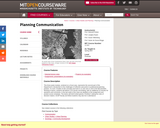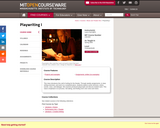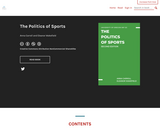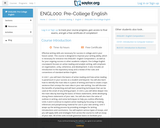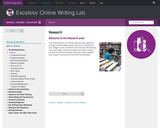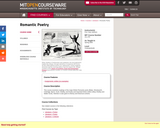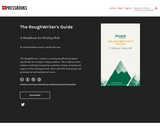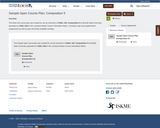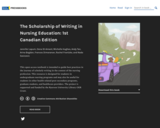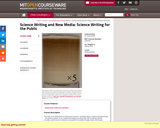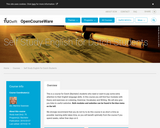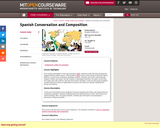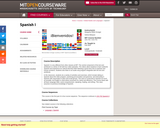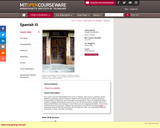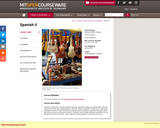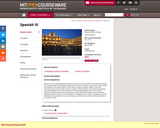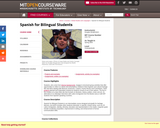The RoughWriter's Guide is a writing handbook designed specifically for Yavapai College students. The Guide provides students with help navigating academic writing, including all aspects of the writing process, MLA and APA formatting, and grammatical and mechanical issues.
Table of Contents:
I. Studying in College
1. Developing Study Skills
2. Reading in College
3. Taking Notes and Annotating
II. Writing in College
4. Academic Writing
5. Basics of Rhetoric
6. Summary vs. Analysis
III. Pre-Writing
7. Overview of the Writing Process
8. Deciding on a Topic
9. Refining Your Topic
IV. Conducting Research
10. Doing Research
11. Keeping a Research Journal
12. Annotated Bibliography
13. Evaluating Sources
V. Planning
14. Thesis Writing
15. Creating a Title
16. Creating an Outline
17. Proper Paper Formatting: Introduction to MLA and APA
18. Formatting: MLA Style
19. Formatting APA Style
VI. Drafting
20. Introductions and Conclusions
21. Body Paragraph Basics
22. Using Quotes, Paraphrases, and Summaries
23. Avoiding Plagiarism
VII. Documentation
24. Creating a List of Sources Overview
25. List of Sources MLA Style: Works Cited
26. List of Sources APA: References Page
27. In-Text (Parenthetical) Citations
VIII. Revision
28. Revision Strategies
29. Sentence Variety
30. Transitions
31. Using Strong Verbs
32. Writing Clearly and Concisely
33. Aligning Ideas
34. Peer Review
IX. Editing
35. Editing Strategies
36. Grammar Basics: Understand the Vocabulary
37. All About Verbs: Tenses, Mood, and Subject-Verb Agreement
38. Identifying Fragments, Run-ons, and Comma Splices
39. Identifying Pronoun Problems
40. Checking Adjectives and Adverbs
41. Identifying Clarity Issues
42. Identifying Mechanics Problems
43. Identifying Punctuation Problems
X. Samples
44. Essay Checklists
45. Student Essay Example 1 (Argument) in MLA and APA Format
46. Student Essay Example 2 (Literary Analysis) in MLA
YC Writing Resources
Presenting Your Work
Writing Beyond Academia
Writing for Non-Native Speakers
